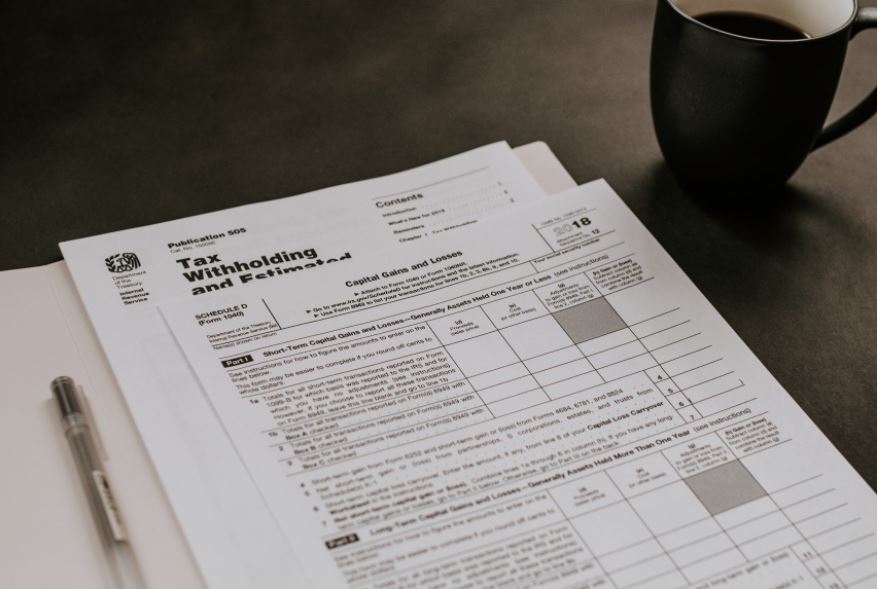- the individual is registered in the Records of the Italian Resident Population (AIRE);
- the individual has a ‘residence’ in Italy, or
- the individual has a ‘domicile’ in Italy.
Non-resident individuals are those persons who do not meet either of the above-mentioned criteria.
Under the Italian Law, the domicile of a person is the place where he has established the principal centre of his business and interests (centre of vital interests); an Italian domicile is regardless of the effective presence of the individual.
The residence of a person is the place where he has his habitual abode.
An individual who moves to Italy must apply for registration with the Record of the Italian Resident Population in the municipality where intends to reside and must apply for the cancellation at the end of the stay.
Italian tax residents will be subject to taxation for the whole fiscal year (January through December). Double tax treaties between Italy and other countries would be applicable.
Under an anti-abuse rule, Italian citizens who transfer residence to countries qualified as “tax havens”, are deemed to be resident in Italy even if they are no longer registered in the Records of the Italian Resident Population, unless otherwise demonstrated.



